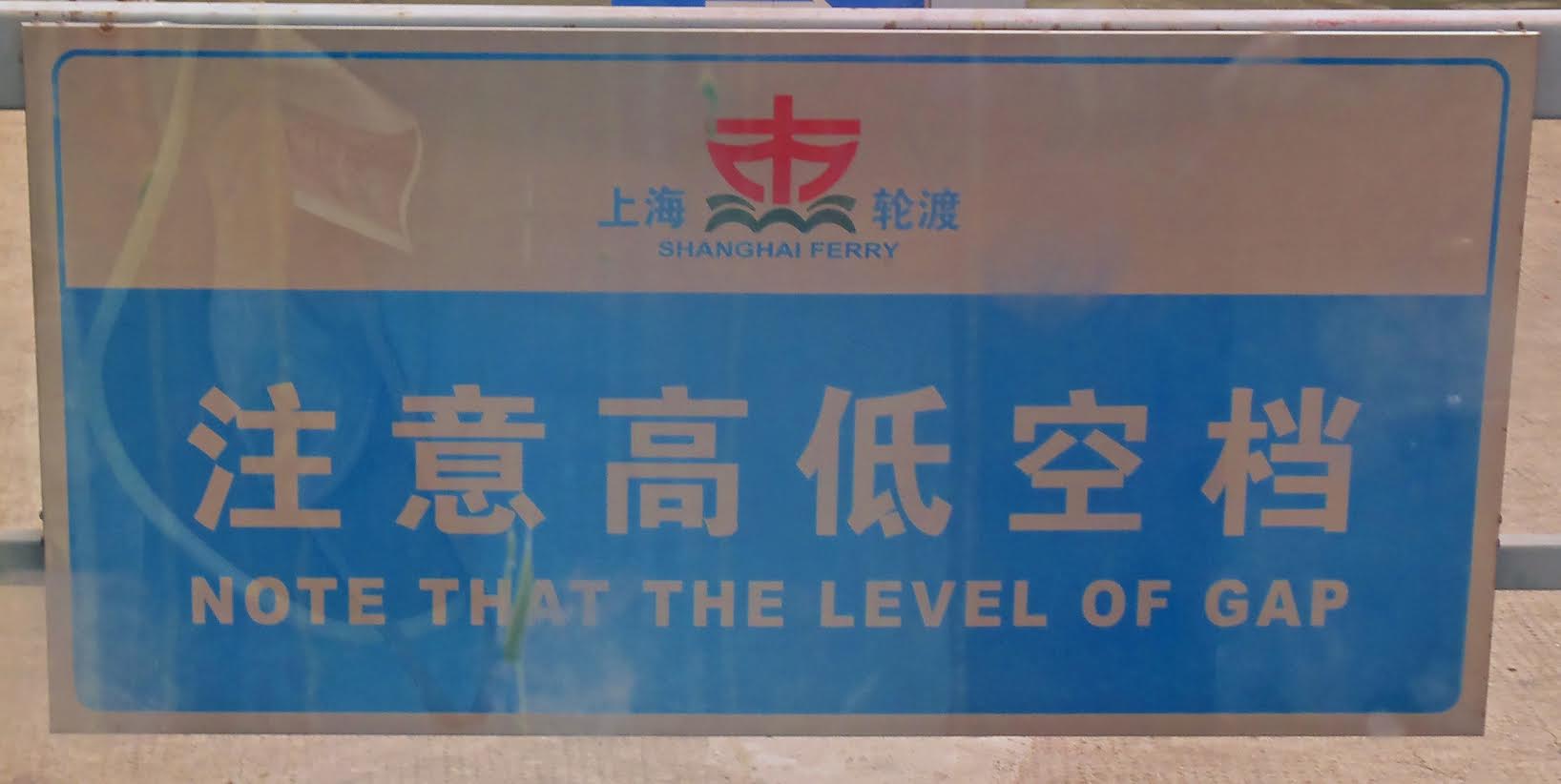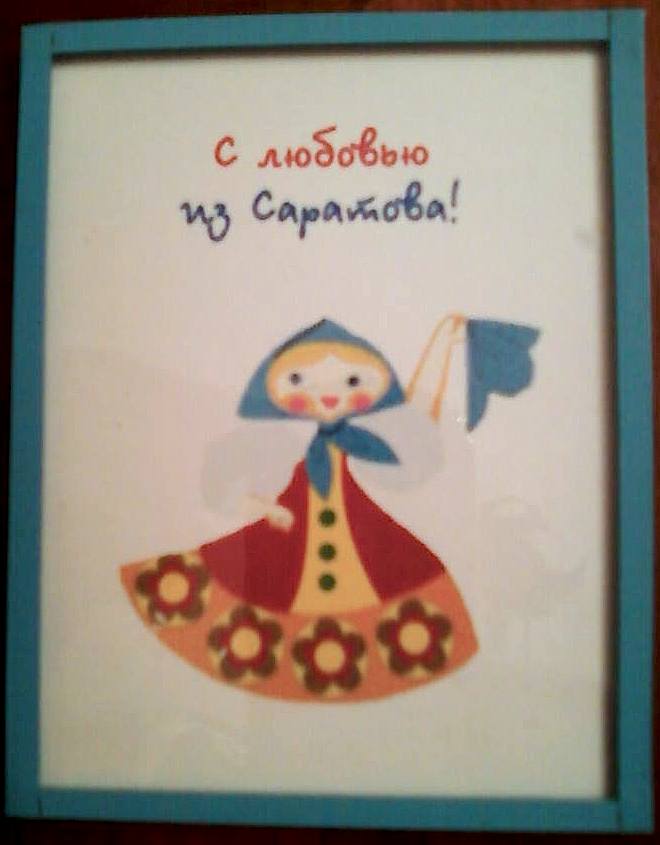Archive for Translation
Intentional mistranslation
From a student:
Here are very popular "emoticons" [VM: "image macros" might be more appropriate] that young Chinese people send each other while online chatting. They use "literal" translation of Chinese into English to achieve a comedic effect. I don't think they reflect the young generation's bad English; they actually suggest that the young Internet generation's English is good enough to understand that such translations are ridiculous and thus funny. My personal favourite is "I don't eat this condom."
wǒmen hǎoxiàng zài nǎ'er jiànguò 我们好像在哪儿见过
("it seems as though we've seen each other somewhere")
Read the rest of this entry »
How English became such a dominant second language in China today
In a comment to "An orgy of code-switching" (11/6/15), I wrote:
In connection with the ABC Chinese-English dictionary database which they wanted to buy, I had some dealings with Microsoft in China about 15 years ago. Already then, their internal language in the Beijing and Shanghai offices was English. Around the same time, I also had contact with several other major companies in China where the situation was exactly the same.
Read the rest of this entry »
Stop and go
Andrew Herron sent in this photograph taken on Hospital Road, Hong Kong Island:
Read the rest of this entry »
Oli ko goli
Anschel Schaffer-Cohen writes:
Oli, 63, is generally popular in Nepal and has a reputation for being outspoken. Some use the phrase “Oli ko goli” to describe him – “When Oli speaks, he fires [a bullet]”.
Can so few syllables–three, not counting his name–actually contain that much information? What's the literal translation of this phrase, and if there's implied context where does it come from? Since I remember reading that you speak Nepali, I was hoping you could shed some light on this, either personally or on the blog.
You can find similar translations of “Oli ko goli” all over the web, but they're all wrong.
Read the rest of this entry »
Royal language
Anyone who has studied more than a year of Japanese will have a sense of the elaborate system of honorifics employed in the language. But there's a very high level of honorific speech that not even advanced students are required to learn, viz., the language used exclusively by the imperial family.
Last month, there was an article in The Daily Beast about MacArthur's translator, George Kisaki, a nisei (second generation Japanese):
Read the rest of this entry »
Bèibèi panda
Bloix asked:
Can someone tell me if the name of the new panda cub, Bei Bei, really means "precious treasure"? If it does, how does that work? Does Bei mean treasure and the duplication is emphasis? Or what?
Read the rest of this entry »
Mind the gap
Our previous post in the Chinglish Annals was "Mind your head" (8/28/15). As promised, in this post we turn to the other extremity of the body.
The following sign is displayed on vessels of the Shanghai Ferry service:
Read the rest of this entry »
Blooming, embellishment, and bombs
In the comments to a recent post about the length differential between French and English, the concept of "blooming" was introduced.
The ensuing discussion prompted one Language Log reader to spell out her thoughts at greater length. I should provide a bit of background about this anonymous contributor, namely, she lived through the bombing of Berlin and other cities (which she has described to me in graphic detail in various messages), worked in Germany for awhile after WW II, and then immigrated to the United States.
Read the rest of this entry »
French vs. English
When I travel around the world and come upon parallel translations of French and English, I am often struck by how much longer the French usually is than the English. This impression was reinforced last week in the bathroom of the Marriott Courtyard in Columbia, Maryland.
Read the rest of this entry »
Ask Language Log: Iowa mystery image
David Donnell:
A friend in Ames, Iowa, sent me this photo of a small framed picture she purchased at a garage sale in her town. She is curious what the language is, and what it says…in English.
She added, “I got the impression from the other items at this woman's sale that she had done some traveling and picked up souvenirs from all over the world. (I could be wrong, though!)”
Myself, I am clueless about what language it is, and clueless how to even google it! (I tried a Google image search and got nothing useful, and googling the word “Capamoba” also didn’t help.)
Read the rest of this entry »
Eighteenth-century European sources for some Chinese proverbs
Jan Söhlke was intrigued by the issue of fake Chinese proverbs that had come up in some recent Language Log posts. That reminded him of the time when he was preparing his MA Thesis he stumbled across an unusual selection of Chinese proverbs. His thesis is on Wilhelm Raabe's novel Das Odfeld. As a motto Raabe uses a quote from a text by his own grandfather, August Heinrich Raabe, that appeared in a journal called the Holzmindisches Wochenblatt (Holzminden Weekly) back in 1787. As Jan was leafing through the journal, he noticed a group of Chinese proverbs. It struck him as a bit odd, so he made a copy. Unfortunately, at the time he did not own a digital camera nor did he have a cell phone with camera, so he had to type them by hand.
Read the rest of this entry »




